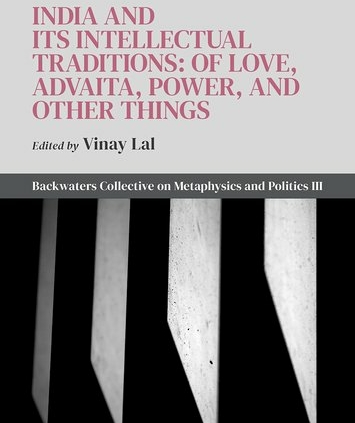India and Its Intellectual Traditions: Of Love, Advaita, Power, and Other Things
India and Its Intellectual Traditions: Of Love, Advaita, Power, and Other Things, the third volume to emerge from the enterprise known as ‘The Backwaters Collective on Metaphysics and Politics’, attempts to further the collective’s ambition to put into question the certitudes of conventional social science discourse, decolonize the dominant knowledge frameworks, and understand how the intellectual and cultural resources of Indian civilization may be deployed to think both, about some problems in contemporary politics and culture, and to introduce greater plurality into the world of modern knowledge systems. Some of the collective’s members remain deeply committed to reinitiating metaphysics into politics, and similarly, the collective’s enduring interest in Narayana Guru is reflected in at least three chapters. Although engagement with Gandhi and Ambedkar is a familiar part of the Indian intellectual landscape, other chapters on offer pivot around histories of power, performative traditions, and modes of worship. Unlike the scholarship that is now the norm, organized around a distinct theme, this volume exhibits a more daring approach to India’s intellectual traditions, traversing the world of Kannada intellectuals, the Kashmir Shaiva tradition, a Marathi Bhakti poet, and a contemporary Indian philosopher, as much as conceptual ideas drawn from a wide array of Indian texts and experiences.



